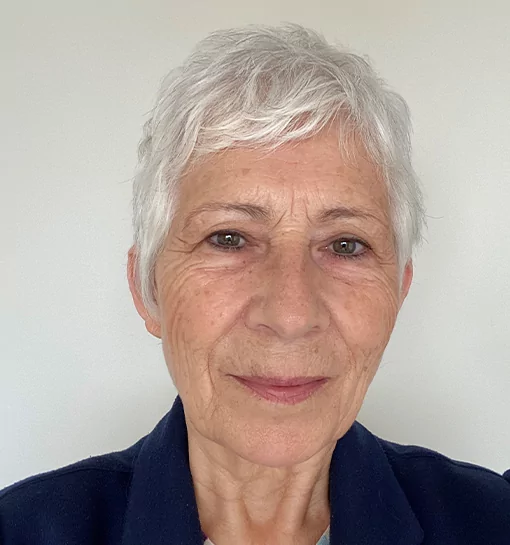Relation- Centered Education Network |
- Home
- Keynote Speakers

Locating the educative power of relational pedagogy:what can we learn from the field of early childhood?
Abstract
This talk is based on the synthesis and anasynthesis of key ideas drawn from a recent scoping study, as well as my own previous research in early childhood education and with students studying early childhood in higher education, and has a dual purpose:firstly, to explore the educative power of relational pedagogy and its ability to foster learners’confidence as meaning-makers of their learning;and, secondly, to propose an alternative aporetic inquiry to evidence the educative power of relational pedagogy.
I argue that the educative power of relational pedagogy is located at the intersection of the relationship between the educator and the learner, the process of engagement between them, and the quality of the materials and resources provided. Such relationships are complex, highly intersubjective, dynamically evolving and constantly changing, determined by kairos(from the Greek word καιρός) – that is, the opportune moment occurring in time and place (chronotope, to refer to Mikhail Bakhtin). They are subject to relational effects, viscerally experienced and largely not communicated verbally, that affect learners’ understanding of themselves and their learning potential in a context of mediated challenge that provokes questioning, puzzlement and wonderment, and requires engagement in problem-solving without seeking definitive outcomes. This process, best captured in joyful play in early childhood education,can be replicated across all phases of education.
The process and outcomes of relational pedagogy, however, defy predetermined outcomes-based pedagogical practices and present challenges for both educators and researchers. In relational pedagogy, the educator is required to trust and be confident in themselves and convey such trust and confidence to the learners, so that the learners become meaning-makers of their learning instead of seeking predetermined knowledge acquisition. The educator is required to exercise phronesis(from the Greek word φρόνησις) –that is, wise judgement regarding decision-making and action. Phronesis requires the skillful balancing of epistemic knowledge with espoused values and beliefs, in the light and context of the goals and purposes of education.
To evidence the impact of relational pedagogy, I tentatively propose that we embrace anaporetic inquiry,rather than, to quote Sidorkin (2000),relying on methodological paradigms requiring tangible evidence, which are subject to a third person’s interpretations. In aporetic inquiry, we start from and trust learners’ aporia(from the Greek word απορία), which is a state of perplexity, confusion, wonderment, bewilderment and awe – a state of being unable to, but seeking to, understand. It is learners’ aporia which sets off a poreia (from the Greek word πορεiα) – that is,a journey of finding out answers and solutions to their aporia. Poreia is an open and fluid journey without a predetermined destination and concrete outcomes, but it does bring about answers, whether conclusive or not, to learners’ aporia. I will argue that learners’ aporia and poreia encapsulate the indeterminable educative power of relational pedagogy and evidence learners’ trust and confidence in themselves as meaning-makers of their learning.

Understanding relational and intentional pedagogy in supporting and enhancing young children’s well-being and developmental outcomes in the early years
Abstract
The lecture highlights the critical role of the adult in supporting high quality interactions and developing children’s self-regulation and play routines; in a climate in which all children feel valued and can learn. Iram uses research informed understandings of the role of relational pedagogy in children’s learning, how to foster and maintain these strong relationships. She also focuses on the role of the adult in supporting intentional pedagogy, leading to desirable learning outcomes using a play based, experiential approach. To bring the lecture to life, Iram utilises clips of excellent practice to supplement the research evidence.
